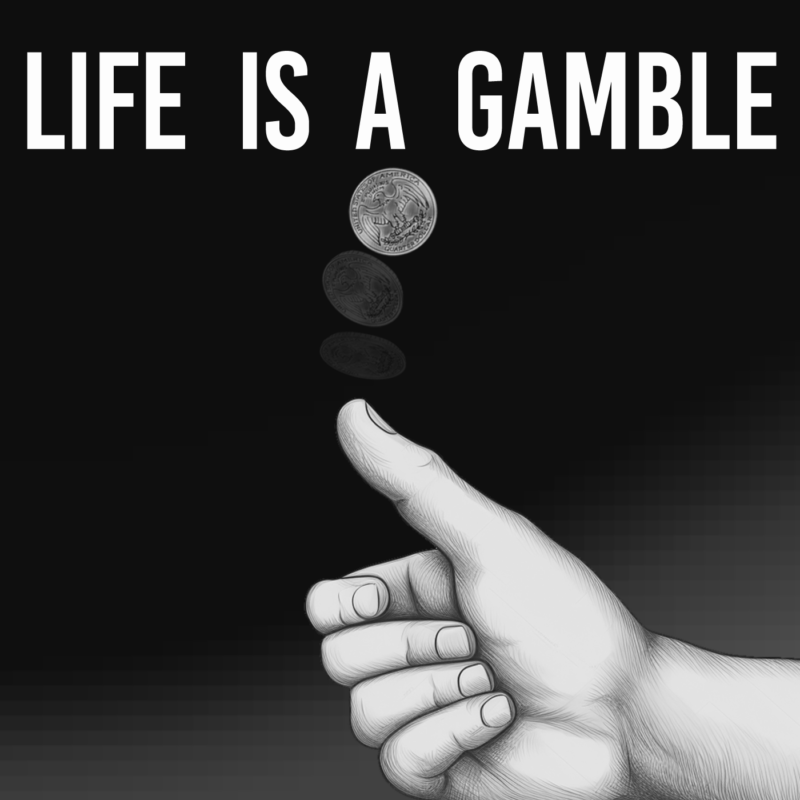
![[IMAGE] Coping Skills for Loved Ones of Compulsive Gamblers](https://mlbazfn4liwi.i.optimole.com/w:1024/h:683/q:mauto/f:avif/https://gamblinghelp.org/wp-content/uploads/2023/09/iStock-167786996.jpg)
¡No estás solo! Muchas familias, seres queridos y amigos de jugadores problemáticos pueden verse gravemente afectados mental, física y financieramente por esta adicción oculta. Es crucial que establezcas límites y cuides de ti mismo. Al igual que cuando escuchas las instrucciones de seguridad en un avión, dicen que te pongas tu propia máscara primero, porque no puedes ayudar a los demás sin haber garantizado tu propia seguridad primero. Sigue leyendo este artículo para ver qué puedes hacer por ti mismo para enfrentar el estrés causado por esta adicción y ayudar al jugador compulsivo en su proceso de recuperación.
Para comenzar, es importante entender que esto no es una batalla entre el ser querido y el jugador problemático, es una batalla que se pelea juntos contra la propia adicción. Es importante entender que, la adicción en sí misma puede cambiar drásticamente el comportamiento y el carácter del jugador compulsivo. Es posible que ya te hayas sorprendido por estos mecanismos de defensa, como la negación, la transferencia de culpa, la manipulación y el efecto secundario de la mentira patológica. En primer lugar, debes mantenerte a salvo mientras lidias con esta persona. La triste realidad es que el juego problemático también puede llevar al abandono y a la violencia doméstica. Esto podría significar amenazarte verbalmente, físicamente o incluso volverse violento arrojando objetos o golpeándote. El abuso también puede presentarse en forma de “gaslighting”, lo que significa que mienten o te dicen cosas una y otra vez hasta que dudes de ti mismo, en pocas palabras, manipulación. La Línea Nacional contra la Violencia Doméstica es 1-800-799-7233[1], la Línea de Violencia Doméstica de la Florida es 1-800-500-1119 y la Línea Directa de Abuso de la Florida es 1-800-962-2873[2]. Todas están disponibles las 24 horas del día, los 7 días de la semana. Si te encuentras en una situación en la que temes por tu seguridad, no dudes en llamar al 911.
Ten en cuenta que existen recursos adaptados a seres queridos afectados por el juego compulsivo, disponibles en cualquier momento del día o la noche en la Florida a través de la Línea de Ayuda 888-ADMIT-IT. Especialistas experimentados están listos para conectarte con las reuniones de apoyo de “GamAnon” para seres queridos de jugadores problemáticos, los Cuadernos de Recuperación para seres queridos del FCCG “A Chance for Change”, el Kit de Deuda Financiera y Presupuesto del FCCG, referencias de consejería de nuestra red de proveedores de tratamiento de adicciones al juego con licencia y certificados, el Programa de Conexión entre Pares del FCCG y mucho más. La ayuda y la esperanza están a solo una llamada o mensaje de texto de distancia.
Aquí hay algunas formas de ayudarte a ti mismo durante este difícil momento:
- No te culpes a ti mismo: En primer lugar, debes saber que no eres culpable de la adicción de tu ser querido. Protegerte a ti mismo y a tu familia de más dificultades financieras es importante. Necesitas cuidarte y cuidar a tu familia. No tienes control sobre el jugador compulsivo, solo puedes alentarlo a buscar ayuda llamando a la Línea de Ayuda 888-ADMIT-IT; esta Línea de Ayuda también puede apoyarte a TI durante estos tiempos desafiantes.
- Cuídate a ti mismo: Vivir con un jugador compulsivo puede poner una inmensa presión en una relación. Esto puede causar ansiedad, depresión y dolor. Un ser querido puede comer en exceso, beber en exceso o gastar en exceso como reacción al problema, intentando limitar el acceso del jugador al dinero agotando los ahorros, un enfoque destructivo por sí solo. Los seres queridos pueden incluso pensar que, si van a jugar con la persona afectada, pueden controlar mejor la situación, pero esto simplemente no es cierto. Es comprensible que te sientas perdido sobre qué hacer, y eso es natural. Por eso, la Línea de Ayuda 888-ADMIT-IT está lista y dispuesta a conectarte con una amplia gama de recursos que abordan casi todas las situaciones causadas por el juego problemático, todo sin sacrificar tus propias necesidades.
- Céntrate en tu familia: En casos extremos, el juego compulsivo puede llevar a problemas financieros de emergencia que amenazan las necesidades básicas como la comida y la vivienda, especialmente preocupante cuando hay niños en el hogar. Si ya te encuentras en esta situación o temes estar cerca de ella, comunícate de inmediato con la Línea de Ayuda 888-ADMIT-IT para conectarte con recursos locales de vivienda temporal, bancos de alimentos y otros apoyos financieros de emergencia. Los impactos de la adicción al juego también pueden afectar la salud mental de un niño, ya que él o ella es testigo de discusiones familiares, tensión, violencia familiar o desintegración. Puedes apoyar emocionalmente a tus hijos alentándolos a compartir sus sentimientos cuando estén listos para hacerlo. Asegúrate de que sepan que no son responsables y céntrate en involucrarlos en actividades grupales y en sus pasatiempos favoritos.
Busca apoyo inmediato llamando o enviando un mensaje de texto a la Línea de Ayuda para Problemas de Juego 888-ADMIT-IT, que está disponible las 24 horas al día, 7 días a la semana, es Confidencial, Multilingüe y está atendida por especialistas altamente capacitados. Nunca es demasiado tarde ni demasiado pronto para comenzar tu propia recuperación como ser querido afectado por el juego compulsivo.
[1] “Safety and Protection.” Florida Department of Children and Families, www.myflfamilies.com/services/abuse. Accessed 30 Aug. 2023.
[2] “National Domestic Violence Hotline.” The Hotline, National Domestic Violence Hotline, 27 Apr. 2023, www.thehotline.org/.



